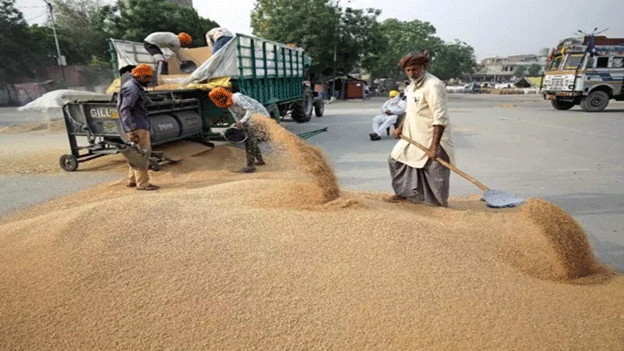On July 13, 2024, the Government of Pakistan enacted a significant policy change by imposing a ban on wheat imports and flour exports. This decision, communicated through the Ministry of Commerce, is part of a broader effort to stabilize the domestic wheat market, which has recently experienced an excess supply due to over-importation.
Historically, Pakistan has relied heavily on wheat imports to meet domestic demands. However, the situation shifted dramatically in 2024 when the country found itself with a substantial surplus. The new policy addresses this imbalance by halting wheat imports, which were previously allowed in excess, leading to market saturation. Additionally, the government has amended the Export-Import Policy Order of 2022 to prohibit the export of flour produced from imported wheat. This amendment reverses a prior policy from March 2024, which had permitted conditional flour exports under the 2021 Export Facilitation Scheme.
The decision to restrict flour exports aligns with Prime Minister Shehbaz Sharif’s statements to the National Assembly on July 10, 2024. Sharif highlighted ongoing issues with wheat trade abuses under previous administrations, which resulted in significant financial losses estimated in the trillions of Pakistani rupees. Despite recent legislative progress, including the passage of the State-Owned Enterprises (Governance and Management) Act 2024, the government remains cautious about re-engaging in wheat exports.
This policy shift is likely to have several implications:
- Domestic Market Stability: By curbing imports and exports, Pakistan aims to balance the domestic wheat supply, stabilize local prices, and support local wheat farmers.
- Economic Impact: The ban may reduce revenue from flour exports, potentially affecting the profitability of flour mills and related industries. However, it may also prevent financial losses associated with market distortions.
- Long-Term Strategy: The policy reflects a broader strategic focus on self-sufficiency and market regulation, aiming to prevent past misuse and economic exploitation.
Pakistan’s new restrictions on wheat imports and flour exports mark a pivotal shift in its agricultural and trade policies. While the immediate impact may be challenging for some sectors, the long-term goal is to ensure market stability and safeguard against financial misuse. This move underscores the government’s commitment to addressing past inefficiencies and promoting a more balanced agricultural economy.
Error




